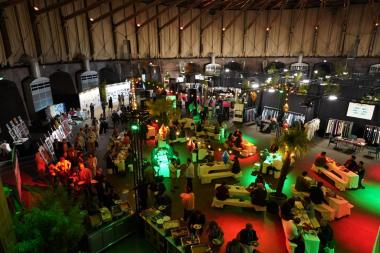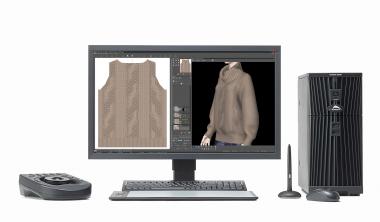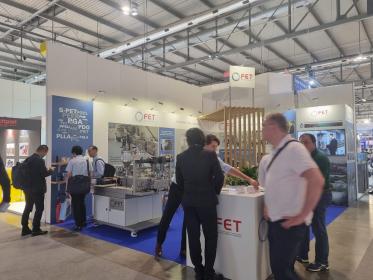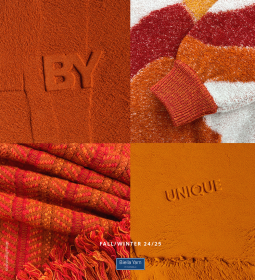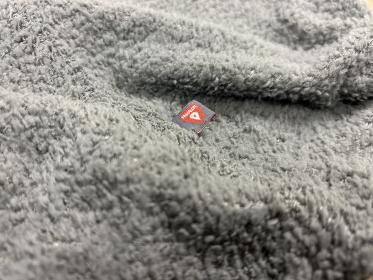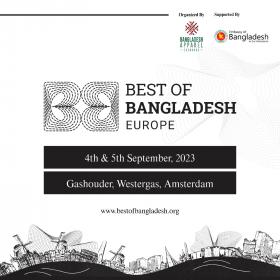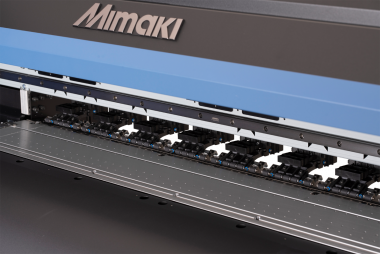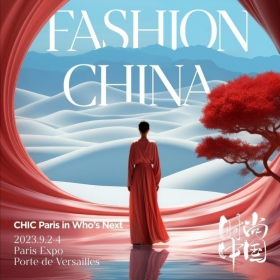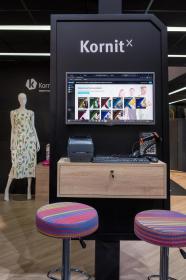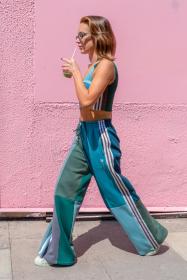Deakin/Xefco: Dyeing jeans without a drop of water
Deakin University has signed a partnership agreement with Geelong-based company Xefco as part of its Recycling and Clean Energy Commercialisation Hub (REACH) to conduct new research to transform how our clothing, including jeans, get their colour.
Jeans are one of the most worn garments in the world, but they are also one of the least environmentally friendly, taking around 75 litres of water to dye just one pair.
Deakin’s work with Xefco is helping to explore if a waterless manufacturing process can replace the water intensive processes the clothing industry has used for hundreds of years. The new technology in development is called ‘Ausora’.
Associate Professor Alessandra Sutti, from Deakin’s Institute for Frontier Materials, said it was exciting to be on the commercialisation journey with Xefco, working with the company to discover what is possible and hopefully reduce the world’s fashion footprint.
“If successful, the Ausora technology, which colours fabrics without the need for large quantities of water, will put us a step closer to more efficient and sustainable clothing manufacturing,” Associate Professor Sutti said.
Xefco CEO Tom Hussey said the company’s new pilot plant, housed at Deakin in Geelong, will test different materials, including specialised fabrics such as waterproof items like outdoor jackets and jeans.
“This is the first stage of Xefco’s vision for the technology, with the REACH project focused on demonstrating the commercial viability of the technology at pilot scale and developing processes so it can be scaled up for commercial production,” Mr Hussey said.
“Together, Deakin and Xefco will push the limits of innovation and see what is possible.”
Xefco’s pilot plant is co-located with Deakin researchers at ManuFutures, the state-of-the-art advanced manufacturing hub at Deakin’s Waurn Ponds campus.
Founded in 2018 Xefco now employs 17 people and its products are already making a difference across the world. Its XReflex technology, which reduces consumption of insulation materials, is being used by some of the world’s leading apparel and fashion brands including The North Face.
Backed by a $50 million grant from the Australian Government’s inaugural Trailblazer Universities Program, with industry and university support taking the total project value to $380 million, REACH is facilitating the development of greener supply chains and accelerating business success as markets move from a throughput economy to a circular economy.
Deakin University






